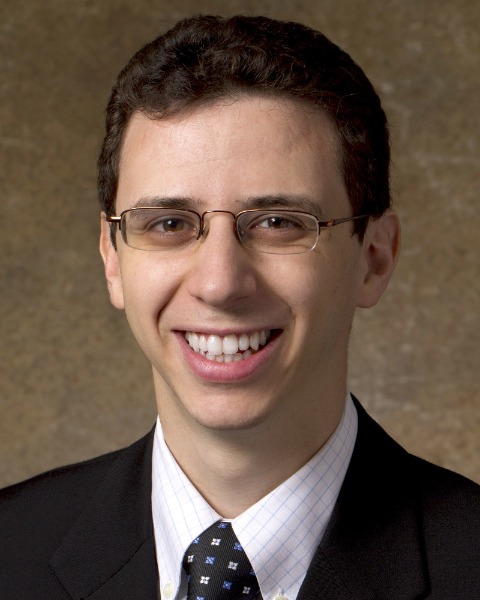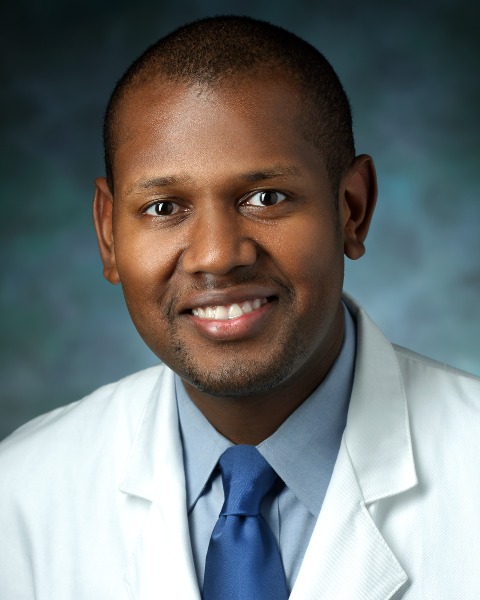Interdisciplinary
Generative AI in Gerontology: Centering Stakeholders’ Voices
-

George Demiris, PhD, FGSA (he/him/his)
Penn Integrates Knowledge University Professor
School of Nursing
University of Pennsylvania
Philadelphia, Pennsylvania, United States -
HT
Hilaire Thompson, PhD, FGSA (she/her/they)
Executive Dean and Professor
Nursing
University of Washington
Seattle, Washington, United States -

George Demiris, PhD, FGSA (he/him/his)
Penn Integrates Knowledge University Professor
School of Nursing
University of Pennsylvania
Philadelphia, Pennsylvania, United States -

Karla Washington, PhD, LCSW, FGSA (she/her/hers)
Associate Professor
Medicine
Washington University in St. Louis
St. Louis, Missouri, United States -

Ari Friedman, MD, PhD (he/him/his)
Associate Professor
Medical Ethics and Policy, Perelman School of Medicine
University of Pennsylvania
Philadelphia, Pennsylvania, United States -

Thomas Cudjoe, MD, MPH, MA (he/him/his)
Assistant Professor
Medicine
Johns Hopkins University School of Medicine
Baltimore, Maryland, United States
Chair(s)
Discussant(s)
Individual Symposium Abstract First Author(s)
The rise of Generative Artificial Intelligence (AI) tools such as Large Language Models (e.g., ChatGPT) has highlighted many potential application areas in gerontology, ranging from tools to support clinical decision support, facilitate communication, provide supportive services to older adults and family members and even address issues of social isolation and loneliness. Often technological solutions are developed without early and ongoing feedback by end users and other stakeholders. This symposium includes the presentation of distinct studies that examine the use of Generative AI for various gerontological areas based on experiences of the NIA funded Artificial Intelligence and Technology Collaboratories for Aging and other initiatives, and highlights ways to engage stakeholders in all design and implementation phases in order to facilitate co-creation of meaningful generative AI solutions. We provide a comprehensive discussion of both opportunities and challenges associated with the growth of Generative AI in gerontology and discuss clinical, ethical and practical implications. Additionally, we present ways to integrate Generative AI into traditional research and clinical practice in way that supplements rather than replaces traditional care, and minimizes the risk of bias.
Learning Objectives:
- highlight the potential of Generative AI in gerontological research and practice
- discuss strategies to promote stakeholder engagement in the design and implementation of Generative AI Solutions for older adults and their families
Presentations:
-
12:00 PM - 1:30 PM PSTStakeholder Engagement for the Design of Generative AI Tools: Inclusive Design Approaches
Individual Symposium Abstract First Author: George Demiris, PhD, FGSA (he/him/his) – University of Pennsylvania
-
12:00 PM - 1:30 PM PSTUsing Generative AI to Enhance Behavioral Interventions for Care Partners of Older Adults
Individual Symposium Abstract First Author: Karla T. Washington, PhD, LCSW, FGSA (she/her/hers) – Washington University in St. Louis
-
12:00 PM - 1:30 PM PSTThe Era of ChatGPT: Recommendations for the Integration of LLMs in Gerontology
Individual Symposium Abstract First Author: Ari B. Friedman, MD, PhD (he/him/his) – University of Pennsylvania
-
12:00 PM - 1:30 PM PSTTimely Perspectives From Diverse Stakeholders on Generative AI
Individual Symposium Abstract First Author: Thomas Cudjoe, MD, MPH, MA (he/him/his) – Johns Hopkins University School of Medicine
